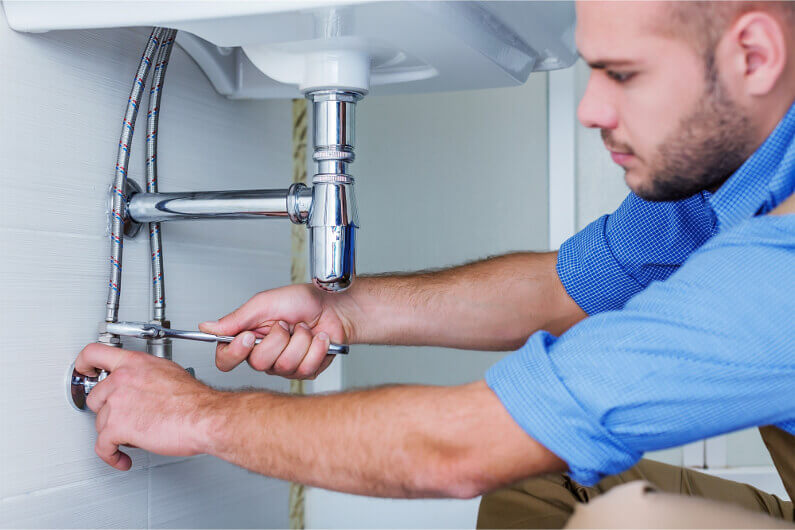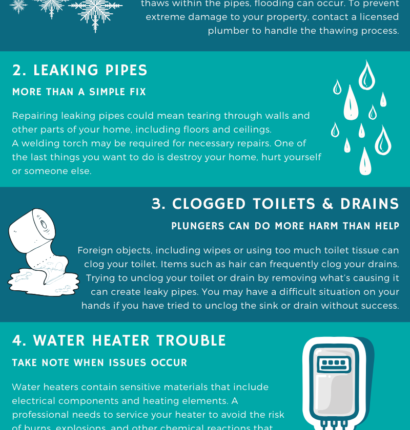All Categories
Featured
Table of Contents

[/image][=video]
[/video]
Prior to you hurry to call a plumber or make some bad DIY choice, you may want to take a look at these pipes secrets that can save you time and cash. It's crucial to understand where you water turned off shutoff is in your home, as this can conserve you from more major damage when plumbing issues occur.
Once every little thing is turned off, take a look at your water meter. If the meter continues to relocate, it's likely that you have a leakage someplace in your system. This technique won't inform you where the leak comes from, but it's a good very first step towards determining a trouble. A continued motion on your water meter when all water sources are turned off is a clear warning that needs prompt interest.
Nonetheless, slow-moving drains pipes are frequently an early warning indicator of a larger issue. It might suggest a clog planned, an issue with your sewer line, or perhaps tree roots infiltrating your pipelines. Instead of waiting for the drain to end up being totally blocked, take activity as quickly as you discover a slowdown.

If these do not function, it might be time to call a specialist. Overlooking the issue can cause extra severe and pricey problems down the line. Understanding where your major water shutoff valve is can conserve you from prospective water damages in situation of a significant leakage or plumbing disaster.
Is Diy Plumbing Safe?
Make certain every home grown-up recognizes where the shutoff valve is and exactly how to use it. In the occasion of a severe leakage, swiftly turning off your home's supply of water can reduce damage and offer you peace of mind while you wait for a plumbing to get here. It's a prominent notion that chemical drainpipe cleaners are the ultimate solution for clogged drains an idea that could not be additionally from the reality.
The chemicals can corrode the internal lining of the pipelines, leading to weakened frameworks, leaks, and even pipeline bursts. They can leak right into groundwater and pollute it, posturing risks to neighborhood communities.
These tools can properly clear blockages without creating any damages to your pipelines. If these techniques do not function, don't hesitate to call an expert. Also, keep in mind that prevention is always better than cure. Avoid putting oil, oil, or any kind of strong waste down your drains, as they can strengthen and create obstructions.

Over-tightening can lead to numerous troubles, including stripped screws and damaged bolts, resulting in leakages or even water damages. This common mistake in DIY plumbing tasks can turn a small repair service right into an expensive endeavor.
Should I Do My Own Plumbing?
Plumbing technician's tape, or Teflon or thread seal tape, is an essential tool for every house owner. It creates watertight seals at pipe strings, avoiding leakages at joints and connections.

Before attaching any kind of installations, take a minute to wrap a few layers of plumbing professional's tape around the strings in a clockwise instructions. See to it the tape covers all the threads and is wrapped tightly. This straightforward yet critical action can save you from taking care of frustrating leaks down the line.
Bear in mind that for bigger problems, expert aid is constantly recommended. To stop this from occurring, take into consideration installing pipeline insulation.
Plus, throughout colder months, pipe insulation can help avoid your pipelines from cold and rupturing a circumstance that can cause costly repairs. When it concerns securing components like taps, many do it yourself fanatics instinctively grab a plumber's putty. There's a choice that could offer you far better silicone caulk.
Should I Do My Own Plumbing?
This flexibility permits it to accommodate mild changes or activities without damaging the seal, providing a more durable and resilient solution. Simply keep in mind to let the caulk treatment entirely according to the maker's directions before exposing it to water to make certain the best outcomes. "Doping" in plumbing refers to using pipeline dope, or pipeline joint substance, to the strings of plumbing connections before they're screwed with each other.
Latest Posts
Pipe Repair
Roofing Repair local to
Local Roofer